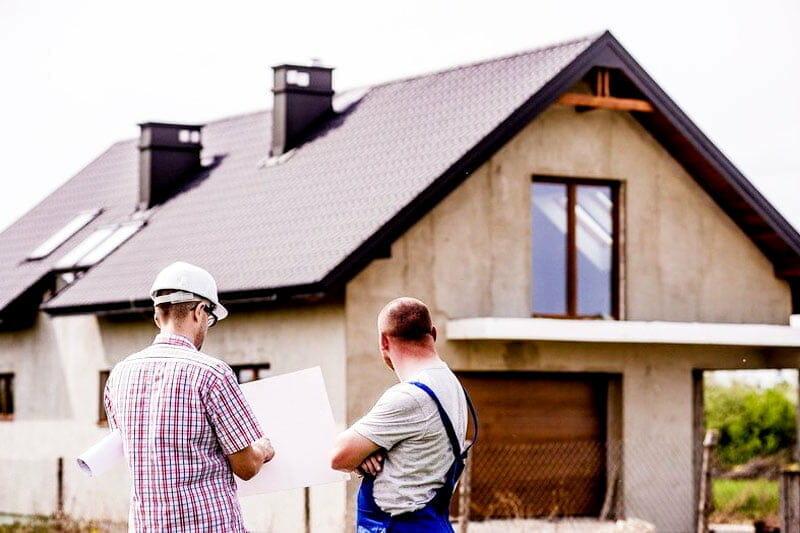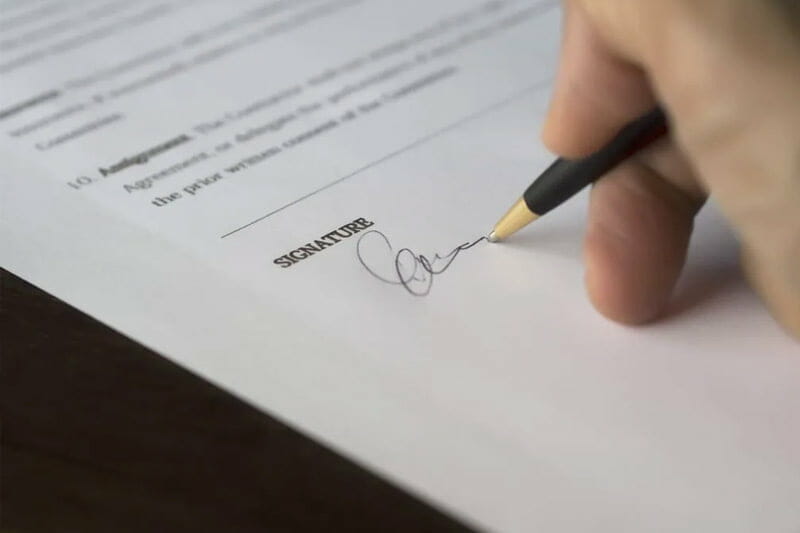Generally, mold is not deemed hazardous for individuals who are healthy. However, those with asthma or allergies might experience increased dangers when exposed to mold. These dangers can range from slight skin irritations to serious respiratory issues.
According to the United States Environmental Protection Agency, molds have the potential to cause health problems. Despite stories that claim otherwise, mold growth in homes is a matter of health.
Your state’s health department will provide you with information on everything you need to know about mold accumulation in properties.

What we cover
ToggleWho to call for mold inspection
The Environmental Protection Agency (EPA), nor state departments, does not exactly provide a list of mold inspectors or mold abatement services nor do they have a certification program for these kinds of mold projects.
If you are a tenant, the first person you need to report the mold issue to is your landlord. Your landlord may not be a mold expert, but they should be the first ones to know since it is their responsibility to handle this kind of problem.
Once your landlord receives a formal mold complaint from you, they can take the first step in fixing it by calling for an inspection or assessment by a mold professional.
What to know before getting a mold inspection
Some states, however, do require certifications, training, licenses, or examinations from mold workers for mold assessments or inspections to be performed (or any mold project for that matter).
Therefore, if you are ever in need of a mold inspector and are considering hiring one for your home, make sure to ask first about qualifications, experience, training, and references.
If you are uncertain about your state’s mold laws, you can check with your state health department or labor department for mold licenses or certification requirements.
Questions to ask before hiring a mold inspector
Here are what your questions should be about as advised by EPA when hiring a mold inspector:
- The individual worker and the company’s qualifications
- The number of mold assessments/inspections per month and per year (specialized professionals are expected to have performed at least 100 inspections a year)
- Mold sampling and testing practices (they should have specific, accurate tests and can identify mold species)
- Cost, hourly rate, and payment terms (remember that the industry standard is 50% of the payment before inspection and 50% after the inspection; never allow a 100% upfront payment!)
How to get free mold inspection
There are many mold companies that offer free mold inspections, especially for first-time customers. However, it is not uncommon knowledge that most of these companies are hoping for a paid remediation after the free inspection.
This is why scams are frequent among free mold inspections by mold remediation companies because unethical mold workers will rip you off by letting you pay unnecessarily expensive remediation works.
To avoid this act of fraud, as an example, the state of Florida has required its people to hire a second-party mold remediation company after the mold inspection is performed by the first company/individual hired.
Since not all states have this mold law to prevent scams from mold remediation companies, it is better to educate yourself regarding the basics of mold growth and removal.

Other options/alternatives
Another option you can go for is to hire a mold inspection company instead of a mold remediation company. Since assessment or inspection is the only service they offer, you will be assured that that is all they are going to do.
If a mold inspection company is not common in your area, you can always opt for a second opinion after the free mold inspection. The cost for this second opinion will still be relatively small and could save you the expensive cost of remediation.
How to report mold to the landlord
Notify your landlord immediately
The moment you discover mold or even when you are still suspicious about the growth of it in your home, it is your responsibility as the tenant to report the issue right away to your landlord.
Landlords are required by law to ensure a safe and comfortable environment for the renters. Whether it is a faulty electrical system, water leaks or damages, or the presence of mold, your landlord should fix these problems immediately.
Responsible landlords will respond and check the mold-affected area to observe the issue. This way, you can both help each other and find out what the cause might be.
Written request
Immediately follow up a formal letter or notice to the landlord for an official mold complaint that might prompt instant and effective results.
In the event that your landlord remains negligent, a written request is useful for evidence when matters are taken into court.
Your letter should include:
- The time and date of mold discovery and letter of request
- Details regarding your experience with the mold problem in your rental
- Proposal for a solution
- The specific amount of time the landlord should respond
- Possible consequences if the issue remains ignored
How to report a landlord to the health department
Should the landlord not respond, show negligent behavior, or overall be irresponsible towards the issue, that is when you should report the landlord to the health department.
Filing a complaint against your landlord to the health department of your state will require you to write a letter or fill in a form. The complaint should include the following information:
- Your name
- Property address
- Name of landlord or property management company
- Nature of complaint
- Date of the beginning of the problem
- How long the problem has gone/how often has it occurred
- Whether or not you have contacted the landlord first
- Landlord’s response (if there is one)
Once you have filed your complaint against the landlord, the Department of Health will take measures in verifying your complaint by having a health inspector do the following:
Property inspection
The property will be inspected and investigated to find any truth in the tenant’s complaint. The inspector will establish the area where there are health violations.
Filing a report of their findings
Once the inspection has been done, a report of their findings will be put together that includes the property address, the date of the inspection, the health infringements at the property, and the time frame given to the landlord to fix the issue.
Sending the landlord the report/list of violations
If there are any, the inspector from the health department will send a copy of the report with the health violations to the landlord.
Time allotment for the landlord to fix the issue
The landlord will be given time to fix the issues found by the health inspector. Once finished, the landlord may contact the department for re-inspection.
Property re-inspection and issuance of letter of compliance
A re-inspection of the property will be performed to confirm that the health violations have been fixed. When all are corrected, a letter of compliance will be issued.
Fining the landlord
If the landlord fails to correct all health violations within the allotted time, the landlord will be fined by the health department.

Anonymous report to Health Department
Most anonymous reports and complaints are filed online through the state’s health department website.
While most complaints regarding mold that are reported to the health department are in written form and require the name of the plaintiff, you can still report anonymously to the health department.
The catch about reporting anonymously about mold, however, is that you might not get the chance to have your personal unit inspected or assessed by a professional since you wish to remain unknown.













